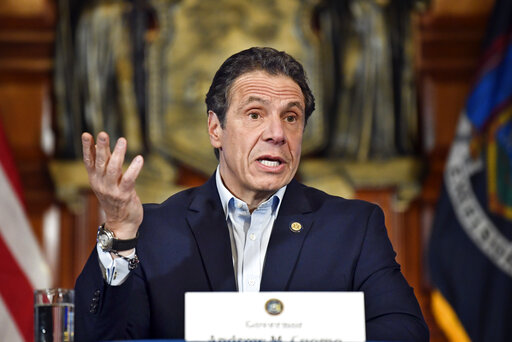
Albany, N.Y. (NCC News)—While the sun rose on April 1 and alarm clocks rang to wake New York residents up for the start of the week, state lawmakers faced a much different reality. They, instead, were finding their way back to bed after finalizing the state budget just after 7 a.m. Monday.
“It includes funding increases for our school districts, additional and recurring revenue for Centro, enacts new criminal justice reforms, continues evaluation of campaign finance reforms, protects our environment and restores critical healthcare funding,” Assemblymember William Magnarelli said in an email to NCC News when asked how the budget will impact Central New York.
Legislators did not include the legalization of marijuana in the $175.5 billion budget.
Here’s a breakdown of several of the items Magnarelli referenced in his statement.
Plastic Bag Ban: Starting March 1, 2020, supermarkets and other retailers will no longer provide single-use plastic bags. The legislators gave counties the option to charge shoppers 5 cents for paper bags, with the money going to the state’s Environmental Protection Fund and another fund to buy reusable bags.
Education Spending: Lawmakers increased funding for public education by $1 billion and more than $700 million will be allocated to poorer districts. Additionally, all districts must report how they allocate their funding to each school. Legislators have not announced how much Syracuse schools will receive.
Health Care: The budget allocates $700 million more for spending on Medicaid and additional health care programs. It also makes both the federal Affordable Care Act and the state’s Health Exchange state law.
Criminal Justice Reforms: Legislators addressed several reforms of the criminal justice system. They eliminated cash bail for misdemeanors and non-violent arrests. In the past, those opposed to cash bail said that it kept innocent people incarcerated because they couldn’t afford to pay their bail. Officers are required to issue an appearance ticket instead of taking someone into custody for a low-level crime. Prosecutors and defense attorneys are also required to share all pre-trial information with the defense.
Voting: Employers must give employees three hours off work on Election Day to cast their ballots and must pay them for those three hours. Additionally, legislators set aside $10 million to help counties implement the state’s advanced voting legislation it passed earlier this year.
Public Campaign Financing: Legislators created a state commission to establish a public campaign financing system for statewide offices and Senate and Assembly races. It includes an annual $100 million in public funds for campaigns.
Water Infrastructure: Legislators added $500 million more to fund water infrastructure projects, with the goal to make the water cleaner.
A Democratic-led state Senate and Assembly and Democratic Governor Cuomo negotiated the budget. This was the first budget to be negotiated by all Democrats in a decade.




